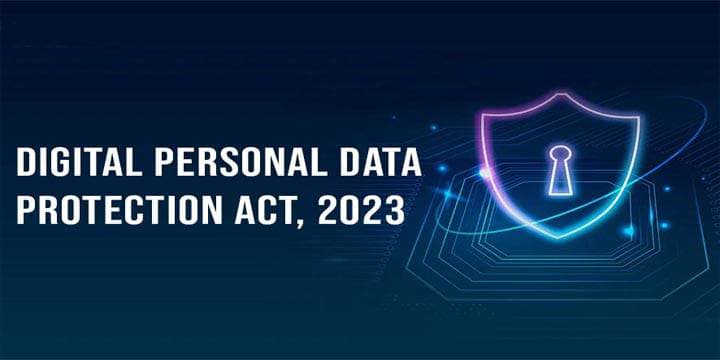Context: Activists, researchers, journalists, and experts have shown concerns regarding changes made to the Right to Information Act, 2005 (RTI Act) by the Digital Personal Data Protection (DPDP) Act, 2023. The changes will adversely impact the ability of people to access information.

Section 44(3) of the Digital Personal Data Protection (DPDP) Act, 2023: Implications for the Right to Information (RTI) Act, 2005
I. Overview of the DPDP Act, 2023
Enacted to regulate the collection, storage, and processing of personal data.
Aims to balance:
The right to privacy of individuals.
The need for lawful data processing by government and private entities.
Received Presidential assent in August 2023.
Not fully implemented yet, as rules under the Act are pending notification.
II. Section 44(3) and Its Impact on the RTI Act, 2005
Section 44(3) introduces amendments to Section 8(1)(j) of the RTI Act, which deals with exemptions related to personal information.
III. Key Concerns Raised by Activists and Experts
A. Impact on Transparency and Public Accountability
Disclosure of Assets and Liabilities:
Risk of denial of information about public servants (e.g., politicians, judges, bureaucrats).
Previously accessible under RTI—may now be withheld citing privacy.
Government Contracts and Public Expenditure:
RTI has revealed major scams (e.g., Commonwealth Games scam, 2010).
The amendment could block access to such critical disclosures.
Recruitments, Promotions, and Qualifications:
RTI uncovered fraudulent degrees and irregular appointments.
Revised Section 8(1)(j) could be used to deny information, citing privacy concerns.
B. Legal and Constitutional Implications
RTI vs. Right to Privacy:
Justice K.S. Puttaswamy v. Union of India (2017): Upheld privacy as a fundamental right but emphasized balance with transparency.
Section 44(3) is seen to tilt the balance toward privacy, limiting access to vital public information.
Contradiction with RTI’s Foundational Principle:
Section 8(1) states that information not denied to Parliament shouldn’t be denied to citizens.
The amendment contradicts this principle, allowing broad exemptions.
Impact on Information Commissions:
Commissions previously used discretionary power under original Section 8(1)(j) (e.g., Girish Ramchandra Deshpande v. CIC, 2012).
New provision could limit this discretion, leading to blanket denials of RTI requests.
IV. Consequences of the Amendment
Reduced Transparency in Governance
The amendment could significantly hinder the public’s ability to scrutinize government functioning and decision-making.Increased Difficulty in Accessing Information About Public Servants and Officials
Information that was previously accessible under RTI—such as assets, qualifications, or service records—may now be withheld more easily under the guise of protecting personal data.Weakened Role of the RTI Act in Ensuring Accountability
The RTI Act has long served as a powerful tool for civil society, journalists, and activists to hold government accountable. This amendment could undermine that role.Potential Setback in the Fight Against Corruption
RTI disclosures have historically played a critical role in uncovering corruption and administrative irregularities. If the amendment stands in its current form, many such disclosures might no longer be legally obtainable, curbing transparency and weakening democratic oversight.
